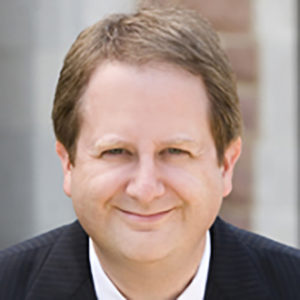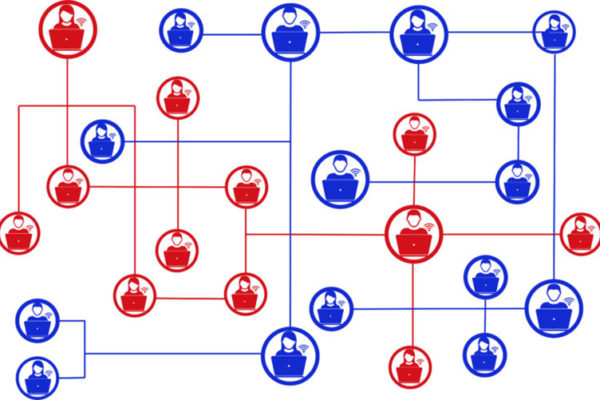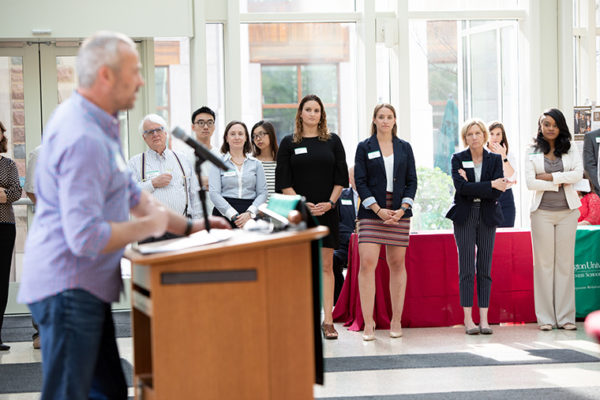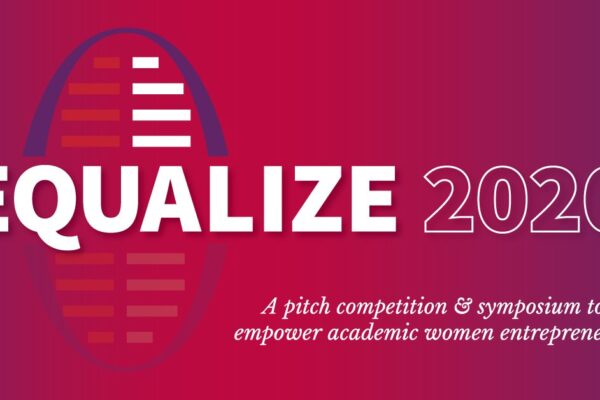Innovations come and go. Entrepreneurs fail and move on. In between, researchers have spent decades empirically analyzing the process and people behind such startups and shutdowns, relative to confidence or overconfidence.
Too much of that scholarship “(mis)attributed” mistakes to individual behavioral bias, says a new study by a group of business school researchers.
This team, including corresponding author Daniel Elfenbein of Olin Business School at Washington University in St. Louis, outlined in its study — published online Oct. 29 by Organization Science — a computational model to interpret decision-making, learning and experiences that end in entrepreneurs’ success and failure in market entry and exit. In short, they distilled the traits that lead an entrepreneur to get into, or out of, the startup business.
Of the many equations used in their model, the four co-authors came across the surprising result that certain combinations of personality biases, which Elfenbein said often seem “absolutely toxic,” turn out almost to the benefit of entrepreneurs.
One such equation: overconfidence + overreaction to information gathered = near-optimal results.

“My view is that most people do tend to overreact to the latest news,” Elfenbein said. “That’s what I’ve seen in my own laboratory work. It makes me actually think, if that’s the case, to be a little overconfident at the start might be a pretty good thing — at a population level. The idea that every bias is a defect may well be wrong.”
The model took into account pre-entry learning, a vital aspect that might prove a stronger component than even the ongoing learning throughout the experience. Such groundwork can explain some patterns of success and failure, and may help to overcome some combinations of behavior bias quickly and others more slowly, the researchers found.
“Context changes the skill set of entrepreneurs,” he said, “and this paper highlights the fact that maybe context shapes the opportunity assessment of entrepreneurs.
“We started tackling stuff that’s invisible: What happens before entering the marketplace.”
One key finding: “The worst entrepreneurs still enter,” Elfenbein said. “These are the people who are both overly optimistic about their chances and learn too slowly, because they are overprecise in their beliefs. Not only are they overconfident about their prospects for profitability, but they are overconfident about what they know. So the entrepreneurs who destroy the most value are most likely to enter, nevertheless.”
Another important takeaway from their computational model, Elfenbein said, is the combination of biases that actually prove to be innocuous, such as entrepreneurs who are slightly overconfident/overoptimistic or overreact to new information.
“In our simulation, if you’re more likely to start, but quick to pull the plug, that works almost as well as if you’re perfectly calculating the odds at every point in time,” he said. “Even if you react too quickly to the information that you get, those gut-feel people will do theoretically just as well as the folks who are hyper-rational about it.”
Their computational model likely holds more significance as an academic platform from which to conduct further study, though Elfenbein noted that it could benefit the angel investors and venture capitalists funding innovations based on entrepreneurs.
‘This is a process study. It helps us to better understand confidence and overconfidence in the context of entrepreneurship.’
Daniel Elfenbein
“Often, we make an assumption that bias is bad,” said Elfenbein, who co-wrote the study with Hart Posen of the University of Wisconsin; John Chen of the University of Florida; and David Croson of Michigan State University.
“This is a process study,” Elfenbein said. “It helps us to better understand confidence and overconfidence in the context of entrepreneurship. And it is intended to address questions that firm founders, angel investors and venture capitalists care about, including how we can focus on mitigating failures with the right approach.”
Their model offers the field of study three new facets:
- It unifies theoretical frameworks for understanding empirical regularities heretofore considered individually.
- It provides complementary perspective to strategy research.
- It predicts bias — such as confidence, precision and such — and the effects of bias on business.
“You’ve got Vince Lombardi, who says quitters never win and winners never quit. Then I’ve got this other poster on my wall that says if you never quit and you never win, then you’re an idiot,” Elfenbein said.
“There are a lot of entrepreneurs in that space, ‘We haven’t succeeded yet,’ and they need to think about these sets of issues. There are other people in the space who say, ‘We haven’t really started to try yet, but when we start to try, how will we know what success looks like and what failure looks like?’ Our view is, they’ll probably be better business people for it. Part of that is behind the entrepreneurial mantra, ‘Fail fast, fall often.’”
Elfenbein and Posen first struck upon this course of study while together at the Darden-Cambridge Judged Entrepreneurship Conference in London in 2015. Over dinner in Cambridge’s Christ’s College dining hall, they decided to put a team together to emphasize their scholarly strengths.
“We felt that the entrepreneurship literature had over-attributed patterns of behavior to overconfidence, that it hadn’t sufficiently described what overconfidence meant, and that it ignored a lot of interesting stuff happens before a business is launched,” Elfenbein said.




Comments and respectful dialogue are encouraged, but content will be moderated. Please, no personal attacks, obscenity or profanity, selling of commercial products, or endorsements of political candidates or positions. We reserve the right to remove any inappropriate comments. We also cannot address individual medical concerns or provide medical advice in this forum.